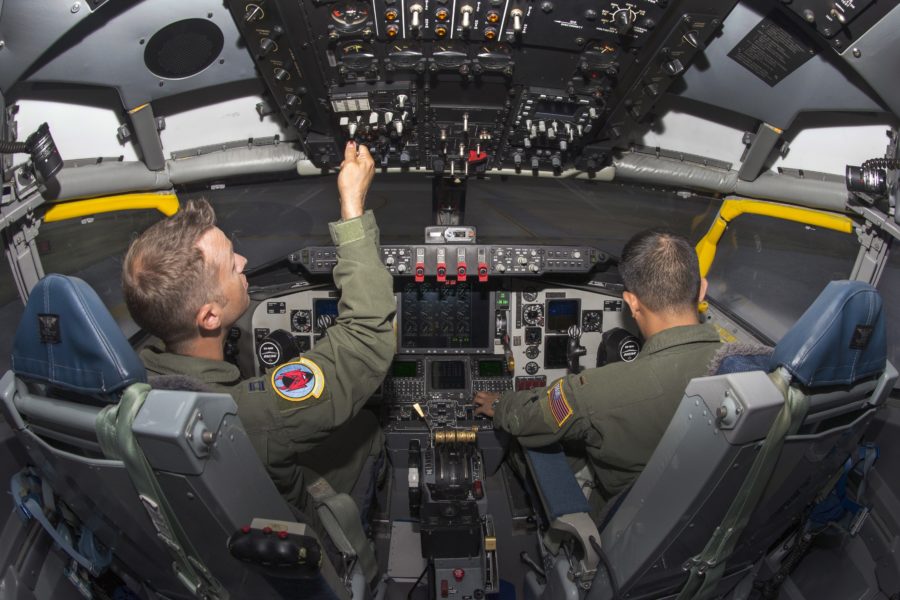Canadian-based CAE announced plans to buy L3Harris Technologies’ Military Training business for $1.05 billion, saying the acquisition broadens its training and simulation portfolio and doubles its U.S. defense presence.
The proposed acquisition, which is slated to close in the second half of 2021, “accelerates our growth strategy in defense and security and is highly complementary to our core military training business, broadening our position in the United States,” said Marc Parent, CAE’s president and chief executive officer, in a March 1 release. “We are adding new customers, experience on new platforms, and building our depth of expertise to address all domains—air, land, sea, space, and cyber—as well as expanding into adjacent markets such as mission and operations support.”
It is the fourth-announced acquisition for CAE in last four months—part of what the company calls its “reinvigorated defense growth strategy,” Parent said.
Arlington, Texas-based L3Harris Technologies’ Military Training is the sole provider of USAF initial flight training services, provides “nearly all F-16 simulators currently in use,” and also is the prime contractor for B-2 training systems, Parent said. It consists of Link Simulation & Training, Doss Aviation, and AMI.
Parent argues the acquisition gives CAE a “leg up” when it comes to future acquisition programs, such as the Next Generation Air Dominance platform and the B-21 bomber.
CAE also expects the U.S. military to rely more on virtual training as it shifts its focus from decades of counterinsurgency operations to great power competition, while also facing flattening or declining budgets.
“This brings with it the added complexities of having to plan and train for scenarios that involve the integration of multiple domains at once, which is something that’s generally either too costly or just not feasible to do outside of a virtual environment,” Parent said. “… This has created a significant opportunity for CAE in the United States and around the world as NATO and allied nations also adapt to these new realities.”
